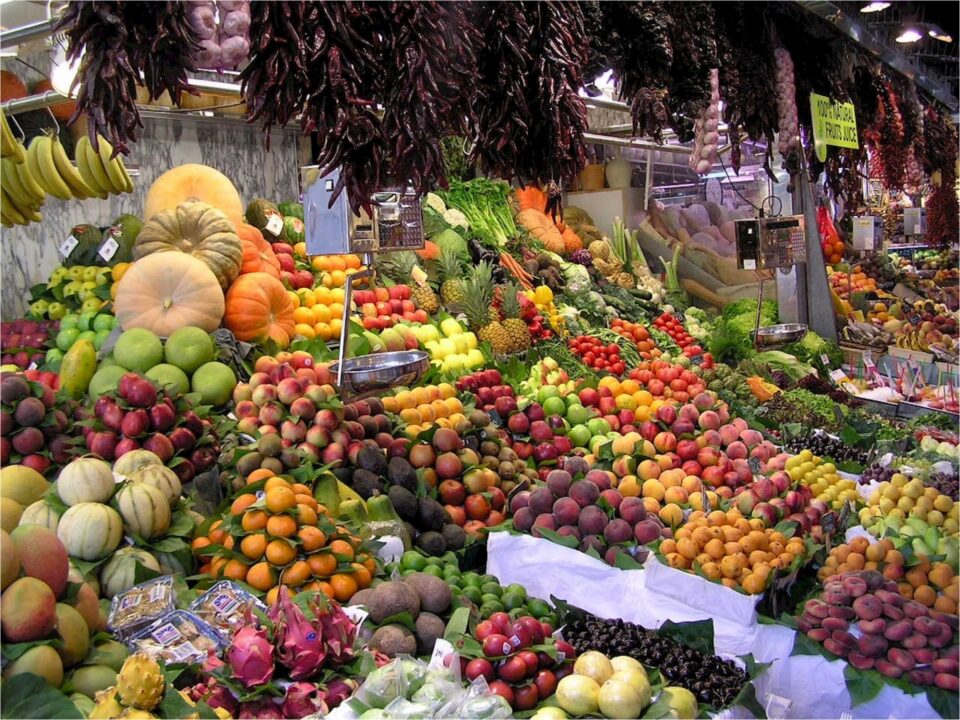EastFruit experts received a lot of feedback on two high-profile events in recent days concerning the fruit and vegetable business of Uzbekistan. First, Russia placed a ban on the supply of greenhouse tomatoes and peppers from the Fergana region in Uzbekistan. The second event was the discovery of a quarantine object in a batch of dried fruits in Russia from Uzbekistan, which now threatens a complete ban on supplies.
Both events are associated with Rosselkhoznadzor, which is a Russian organization that is notorious in agribusiness as a tool of Russian policy to put pressure on other countries. Since it is Rosselkhoznadzor that has initiated many bans over the years on supplies of vegetables, fruits, and other food products from various countries like Poland, Ukraine, Moldova, and Georgia, at the same moment in time of a political confrontation between them, it is not surprising that each decision from this organization arouses suspicion in the international business community.
In particular, the majority of fruit and vegetable business representatives in Uzbekistan, with whom EastFruit managed to communicate with directly, are convinced that the latest events are an echo of some political negotiations, although no one can definitively confirm this. An alleged reason is a possible delay in Uzbekistan’s leadership regarding their decision to join the Eurasian Economic Union. However, there have been no facts provided yet to confirm this allegation.
A quick survey of EastFruit’s Telegram channel subscribers showed that 74% of readers share the point of view on the politics behind detecting quarantine objects, and only 26% believe that the main reason is the poor plant protection system of farmers in Uzbekistan. It is important to note that the survey was conducted for only 10 minutes, and during this time 115 participants gave answers. Naturally, this poll cannot be considered representative because there are relatively few Uzbek farmers and traders subscribed (and certainly not more than subscribers from Russia), but it shows the relevance of the topic and the thoughts of market participants.
Read also: Uzbekistan sharply reduced the export of fruits and vegetables to Ukraine in 2020
The first incident with greenhouse vegetables aroused particular suspicion among industry experts. After all, Rosselkhoznadzor itself said that the tomato brown rugose fruit virus (ToBRFV) was not even included in the list of quarantine objects in the Russian Federation and that there is not much experience in its detection and testing systems. Therefore, it is surprising how it could be discovered by them.
At the same time, market experts believe that, in any case, Uzbekistan should pay attention to the issues of phytosanitary control and plant protection within the country, and not look for alleged external reasons. “Uzbekistan is actively increasing the export of vegetables, fruits, berries, herbs, and nuts, which means that it is becoming an increasingly prominent player in the world fruit and vegetable market. Therefore, more attention will be paid to Uzbek fruit and vegetable products. This also means that more and more imported seeds and seedlings are imported into the country every year, and with them, new pests and diseases can penetrate into the territory of Uzbekistan, which carries no less potential threat to the industry than the closure of external markets. Therefore, the latest signals from Russia should become a good clue for the Uzbek fruit and vegetable industry and each of its participants about the need to urgently pay attention to the plant protection system and to modernize the quarantine and phytosanitary control system in the country,” says Andriy Yarmak, an economist at the Investment Centre of the Food and Agricultural Organization of the United Nations (FAO).
The use of the site materials is free if there is a direct and open for search engines hyperlink to a specific publication of the East-Fruit.com website.




